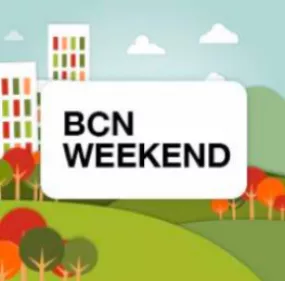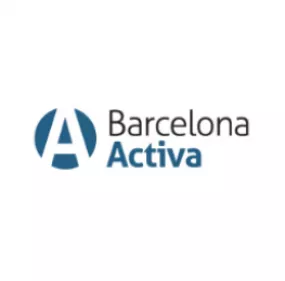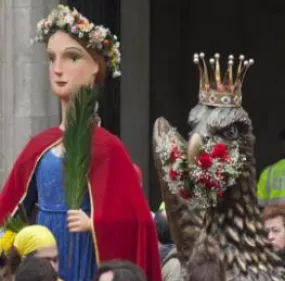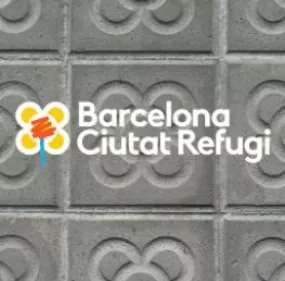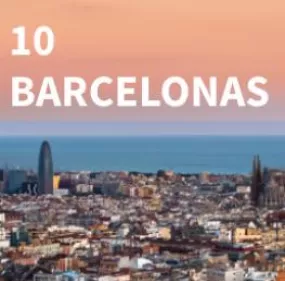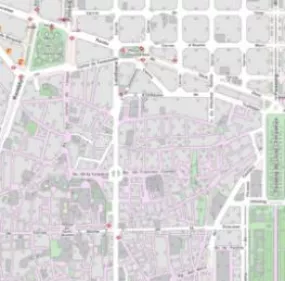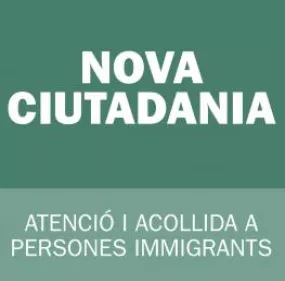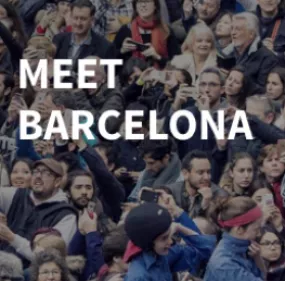
New measures for music festivals at the Parc del Fòrum
Musical festivals held at night in the Parc del Fòrum will be awarded by public tender from 2026, with new regulations establishing obligatory measures for promotors. The new plan limits the finishing time to 1 am for concerts on Friday nights, favouring mobility via the metro and respecting local residents’ hours of rest.

The new tendering system planned for the 2026-2028 period will allow a wider range of promotors to present candidacies. This will not mean more activity in the area, but maintain current levels, with a calendar of 15 days a year for activities during cultural timetables and 15 days with concerts that can go on longer than 11 pm.
The Festival Cruïlla and the Primavera Sound will fall outside the new regulations affecting the Pac del Fòrum as these follow independent regulation processes with contracts still valid. The public tendering process will therefore be opened up for nine days of small-scale and large-scale music festivals at night. This formula responds to the demands of the music sector to be able to work in the medium-term, with improvements to logistics and contracts with artists.
New criteria for music promotors
The tendering process will include various criteria among the promotors submitting bids. Factors such as the sustainability of the festival, quality of the project, ties with the city and commitment to local and national groups will all be considered favourably.
The new tendering processes will include some obligatory measures for music promotors: they will have to include noise studies and measures on the noise generated by festival-goers using routes between the Parc del Fòrum and public services and at points where crowds gather. A protection plan adopting the gender perspective will also be required, along with a plan with sustainable measures and a plan with social return for the neighbourhood.
Measures also require working meetings to include local residents’ associations and representatives, plus the payment of specific taxes for extra municipal safety or cleaning services.



